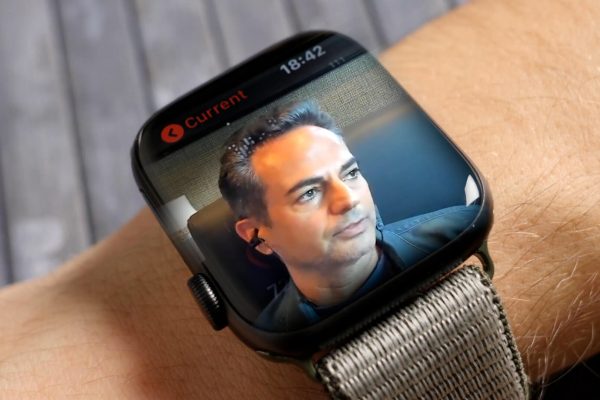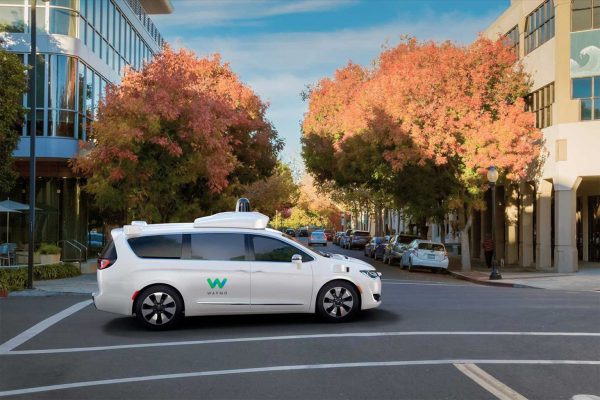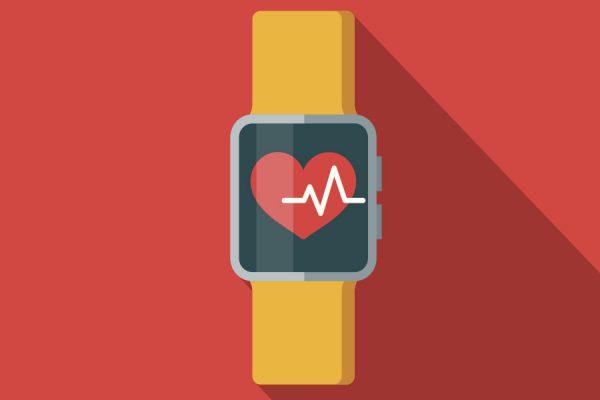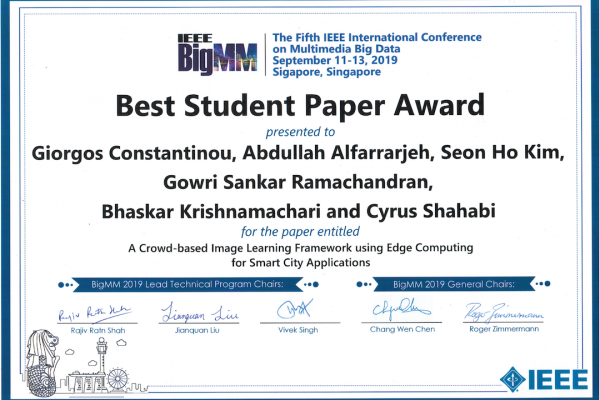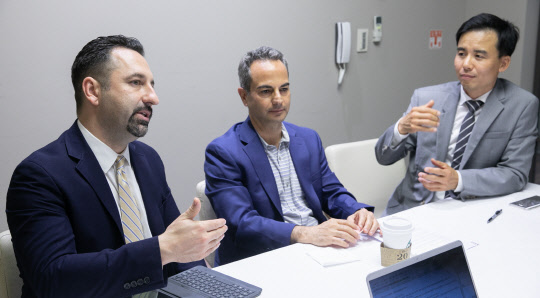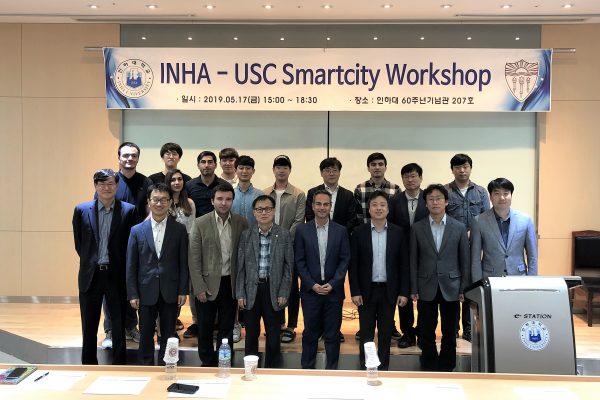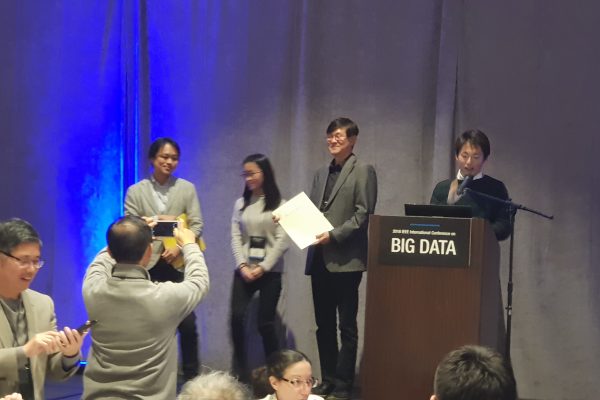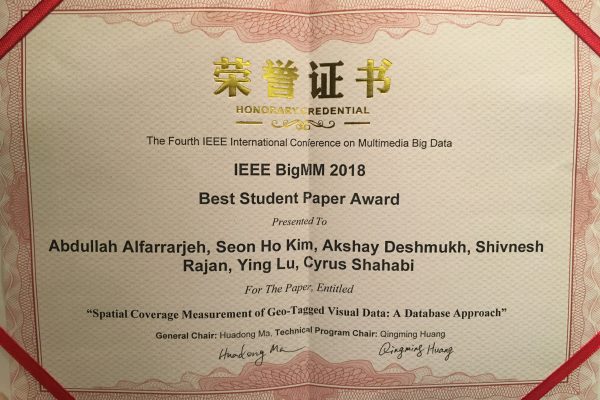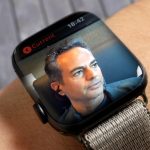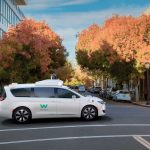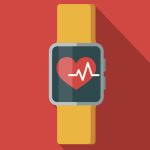IMSC leads technology in AI and wearables for healthcare
IMSC director, Cyrus Shahabi, leads a project titled “Wearables for Health and Disease Knowledge” which creates a database toolkit that allows doctors to securely store and analyze medical data collected from wearable devices. This project recently received a $1.2 million grant from the National Institutes of Health that will span four years. Details can be found at https://viterbischool.usc.edu/news/2022/03/how-to-get-a-diagnosis-without-setting-foot-in-a-doctors-office-try-ai-and-wearables/

